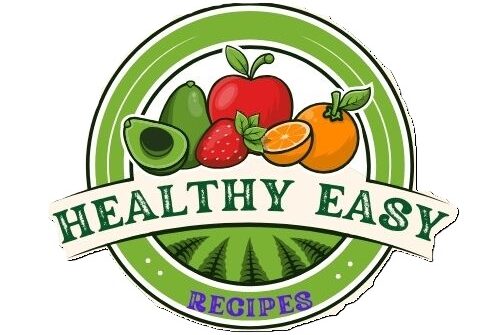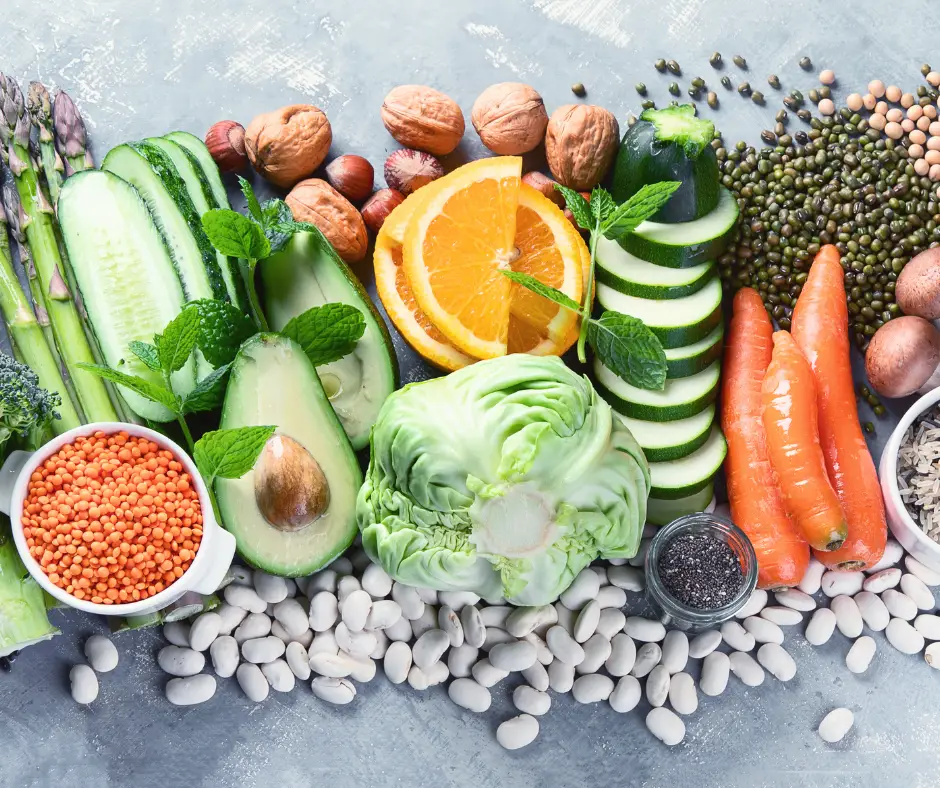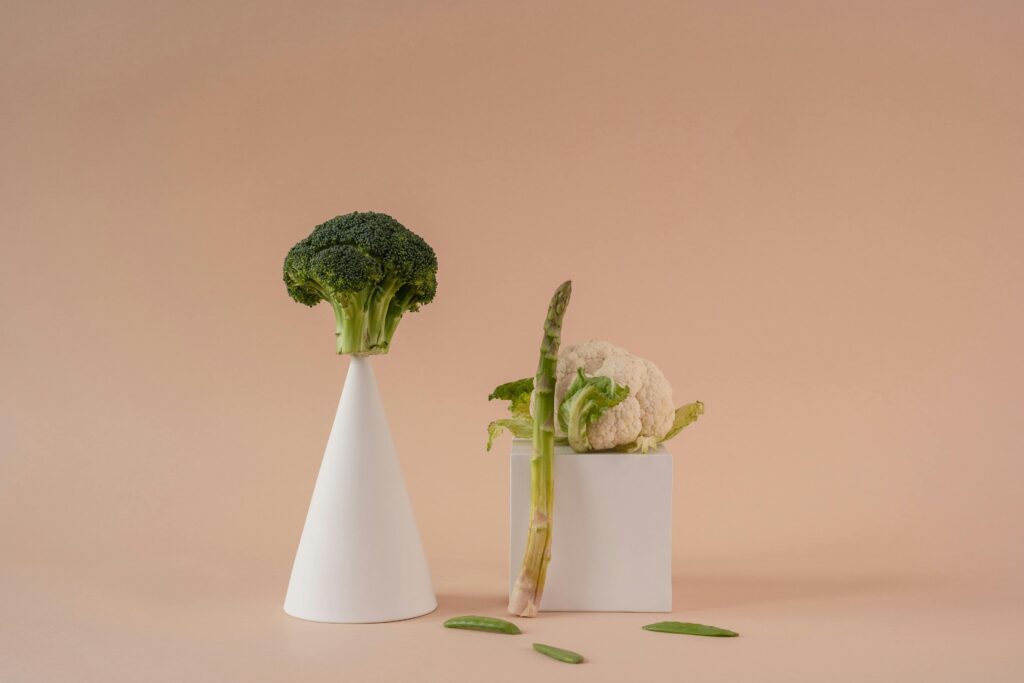“Can You Eat Eggs on a Plant-Based Diet? Here’s How to Make It Work!
Switching to a plant-based diet can be very beneficial for your health, and it certainly helps you avoid many health problems. However, when you try to go for a plant-based diet, you want to consider the type of foods you can eat. There is a misconception about this diet since most people think you’re only eating plants. Is that true? Let’s see for ourselves!
Related: What to eat on a plant-based diet?
Can you include eggs or anything other than plants?
If you want a plant-based diet, you will be shocked that this won’t require whole grains, veggies, and fruits. You don’t have to remove animal products and meat from your diet. Doing that is detrimental to your health. Foods like eggs or meats will bring you omega 3s, vitamins B or D, calcium, protein, iron, and compounds that plants won’t always offer. Eating eggs is a great idea, even if you choose a plant-based one. So, can you eat eggs on a plant-based diet? Yes, it’s very healthy and can help quite a bit.
They are a great addition to this diet because they are very healthy. They can help you eat more veggies and make absorbing antioxidants and vitamins easier. Pairing those plant foods with eggs and protein-rich foods can also make it easy to meet protein demands.
So yes, adding an egg or two to your plant-based diet is a great idea. It might not seem ideal initially, but it can help improve bone health. In addition, you can also increase your muscle health naturally as well. Even if an egg might not seem ideal for such a diet, it can be a great addition and won’t mess up any of your new dietary habits.
Related: Plant-Based Diet Menu For A Week
10 benefits of eating eggs
Rich in Nutrients: Eggs are a great source of protein, vitamin B12, vitamin D, vitamin E, and selenium.
Promotes Weight Loss: Eating eggs can help you feel fuller for longer, reduce overall calorie intake, and promote weight loss.
Boosts Brain Health: Eggs contain choline, a nutrient important for brain health, memory, and cognitive function.
Improves Eye Health: Eggs are a good source of lutein and zeaxanthin, two beneficial nutrients for eye health, and can help prevent age-related macular degeneration.
Strengthens Bones: Eggs contain vitamin D, which is essential for bone health and can help prevent osteoporosis.
Reduces Risk of Heart Disease: Although eggs are high in cholesterol, studies have shown that eating eggs in moderation does not increase the risk of heart disease.
Helps Build Muscle: Eggs are a great source of high-quality protein, which is important for muscle growth and repair.
Boosts Immunity: Eggs contain several important nutrients for a healthy immune system, including vitamin A, B12, and selenium.
Reduces Inflammation: Eggs contain omega-3 fatty acids, which have anti-inflammatory properties and may help reduce inflammation.
Versatile and Delicious: Eggs are a versatile food that can be prepared in many ways and is a delicious addition to any meal.
Related: 10 Plant-Based Diet Breakfast
Ways to add eggs to a diet based on plants
Eggs are versatile and easy to include in most foods. Add them to stuffed veggies, protein-rich salads, and even on a pizza. They are great in frittatas, which are baked egg dishes that effortlessly combine seasonal veggies with outstanding egg flavor. There’s no shortage of plant-based foods with an egg or two, so you can easily switch and go with trial and error.
4 ways to add eggs to a plant-based diet
Omelettes and Scrambled Eggs: When making omelets and scrambled eggs, use plant-based milk, such as almond or soy milk, instead of dairy milk. You can add vegetables, such as spinach or mushrooms, for added nutrients.
Egg Salad: Use vegan mayonnaise and add chickpeas, celery, and onion to create a plant-based egg salad.
Frittatas: A vegan frittata can be made using a variety of vegetables, such as spinach and bell peppers, mushrooms, and vegan mozzarella.
Fried Rice: Straightforward, use cooked rice, eggs, red onion, and frozen vegetables.
Impressive Health Benefits Of Eggs
The difference between plant-based diets and veganism
A lot of people confuse plant-based diets with veganism. Plant-based diets are all about what food you consume. But on the other hand, veganism covers that along with ethics.
That means vegans are also concerned about how food ingredients are acquired, the preparation process, etc. Eggs are unsuitable for vegans, but a diet mainly focused on plants can include them to access the extra protein and antioxidants. As the name suggests, this diet is “based” on plants, but you can add other things to it depending on your needs.
Conclusion
As you can see, adding eggs to your plant-based diet is a fantastic idea. You can restrict yourself by having a diet 100% focused on plants. However, integrating eggs and other foods can help improve your diet, health, and immunity while preventing health problems. If possible, we recommend including an egg or two in your diet; you will see the difference quickly!













